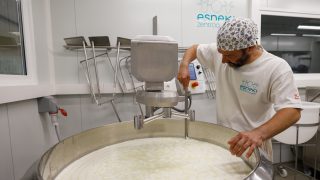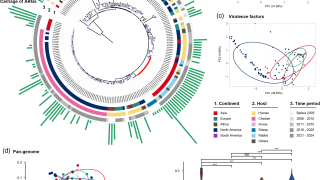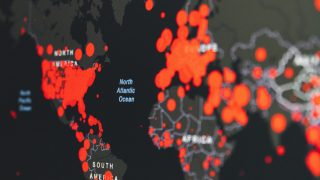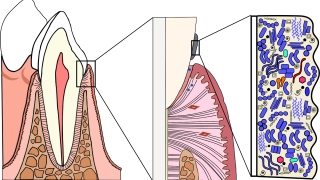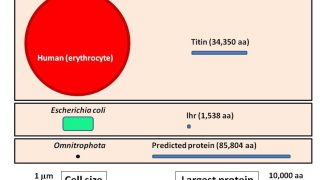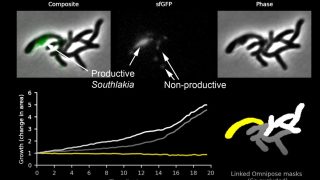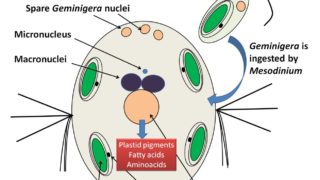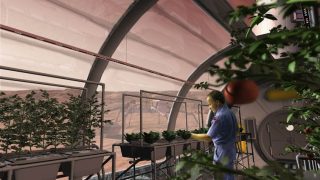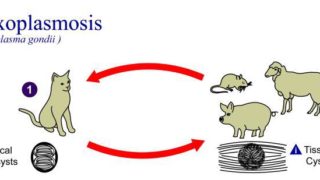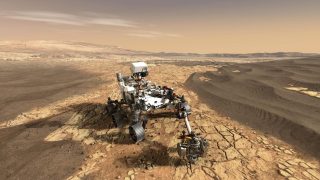
Mars Perseverance rover data suggests presence of past microbial life
Biology • Chemistry • Evolution • Geosciences • Microbiology • Planetary Science • Robotics
A new study has revealed potential chemical signatures of ancient Martian microbial life in rocks examined by NASA’s Perseverance rover. The findings, published by a large international team of scientists, focus on a region of Jezero Crater known as the Bright Angel formation—a name chosen from locations in Grand Canyon National Park because of the […]
